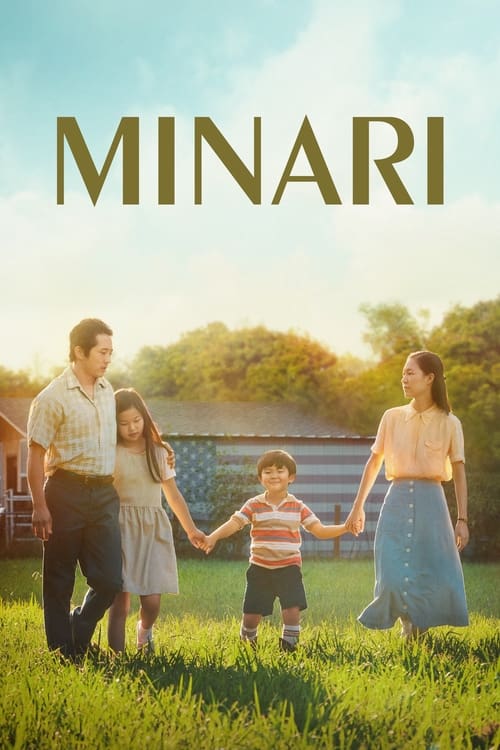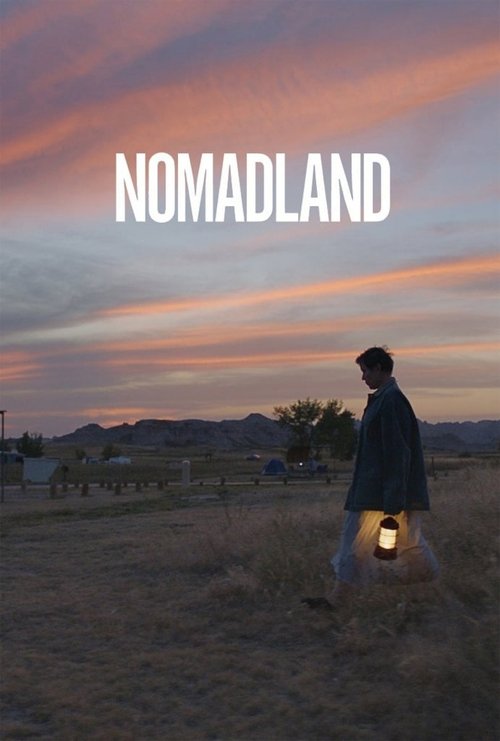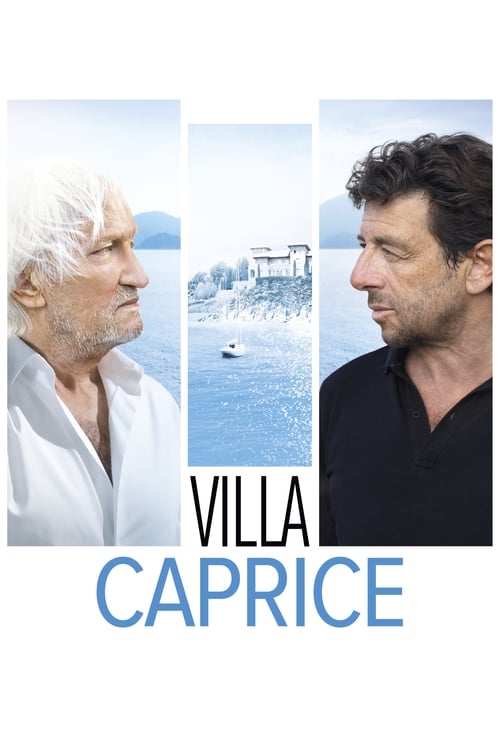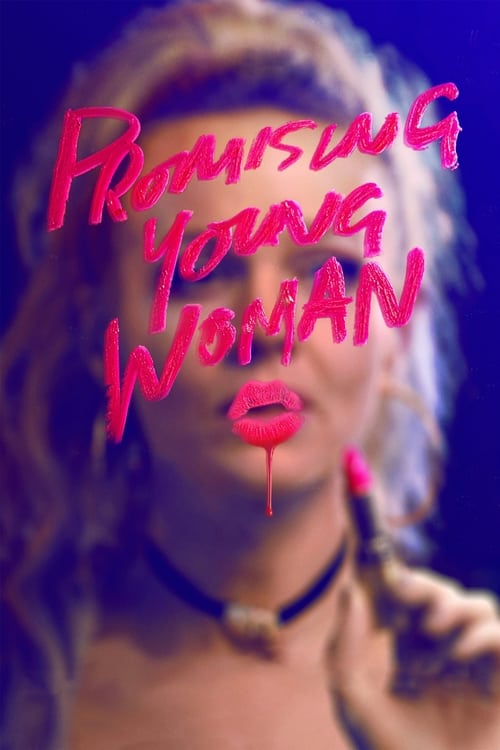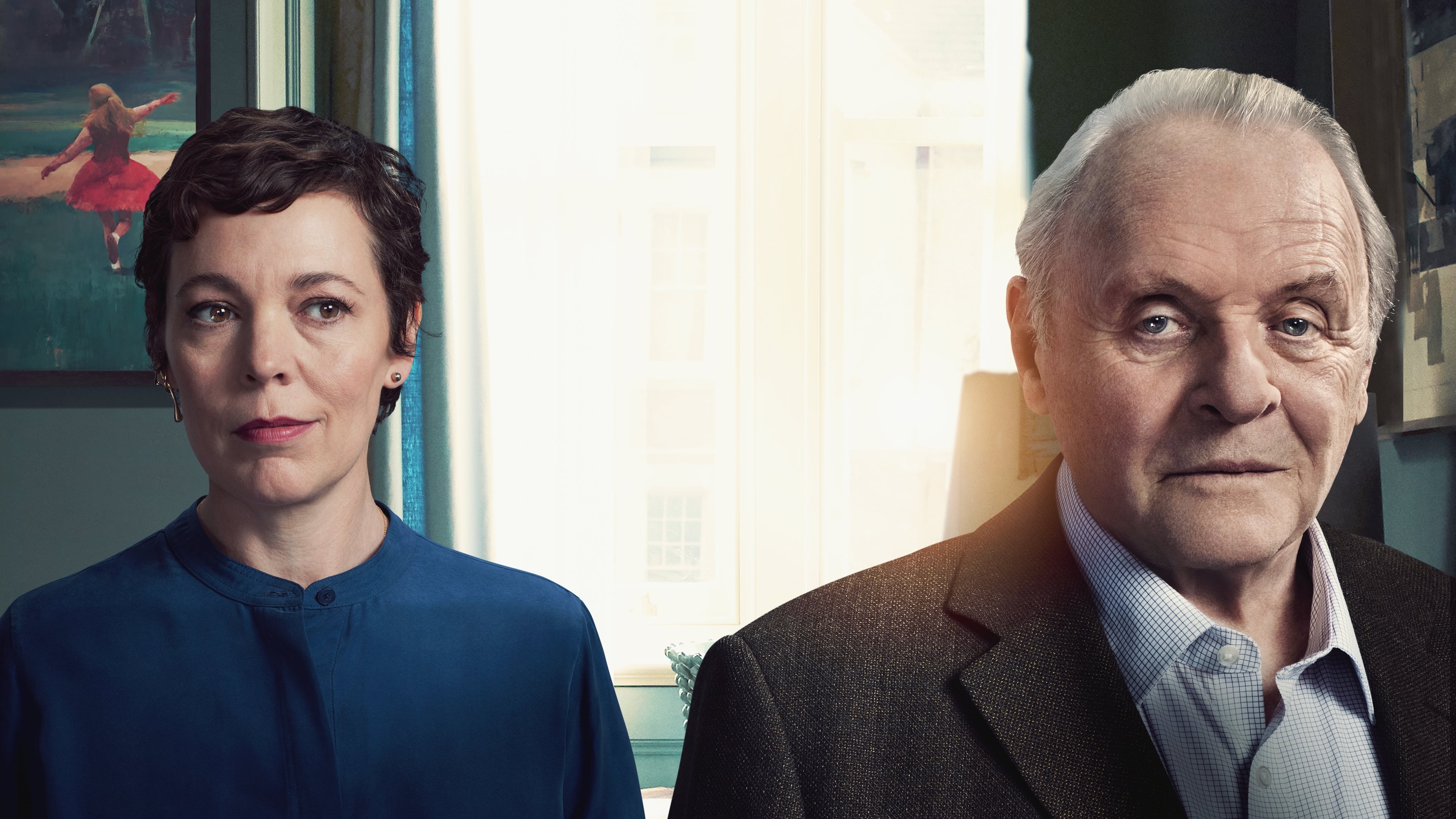
2020
The Father
Drama
9.0
User Score
3544 Votes
Status
Released
Language
en
Budget
$6.000.000
Production
Les Films du Cru, Film4 Productions, F Comme Film, Trademark Films, Ciné-@
Overview
A man refuses all assistance from his daughter as he ages and, as he tries to make sense of his changing circumstances, he begins to doubt his loved ones, his own mind and even the fabric of his reality.
Review
msbreviews
10.0
If you enjoy reading my Spoiler-Free reviews, please follow my blog @
https://www.msbreviews.com
I've watched some incredible films during my life. Some offered me a blast of pure entertainment, others left me crying like a baby, and dozens made me laugh uncontrollably. Nevertheless, the most memorable movies are the ones that profoundly impact me emotionally either by remembering me of a past phase of my life or by possessing main characters who I can strongly relate to. What might be "just another film" for most viewers can ultimately become a personal journey for other people in the audience, which is how I partially experienced The Father. I didn't have massive expectations for the movie itself, but I was curious to know how great Anthony Hopkins would be.
While the legendary actor is undoubtedly a notable standout, Florian Zeller's creative, unconventional storytelling left me completely floored. By the end of the film, I felt emotionally drained of all my feelings and thoughts due to the increasingly heavier, devastating narrative co-written by Zeller and Christopher Hampton, adapted from the former's award-winning play, Le Père. This could have been yet another generic story about dementia, but Zeller's brilliant storytelling places the viewer in the protagonist's skin, offering a terrifying viewpoint of the disease. From the very first minute until the end, the spectators accompany Anthony, an old man starting to lose track of reality, through his own perspective.
I genuinely don't know if this sort of point of view has been depicted before, particularly in the case of dementia, but either way, it's a harrowing experience that will surely leave a vast majority of its viewers extremely captivated throughout the entire runtime. Watching Anthony go through scenes that he wholly believes are indeed happening as he sees them is as attention-grabbing as it is frustrating and sad once the audience gets to see how the same scenes really played out. In fact, if one starts watching the movie without even knowing the synopsis, the first act will almost seem like a mystery-thriller due to so many twists and turns regarding previous conversations that Anthony and the viewers believe are 100% real.
Zeller and Hampton's script doesn't only approach Anthony's feelings but also the loved ones surrounding him, which I firmly believe was both necessary and honest. The Father doesn't shy away from showing the boiled-up frustration and even desperation that the family usually goes through when dealing with someone with this terrible health condition. I have no words to describe how thoughtful and impactful Zeller's storytelling method ends up being. I found myself remarkably surprised once I realized the film had reached the one-hour mark. The control of the movie's pacing and tone is absolutely seamless. Technically, Yorgos Lamprinos' editing work is as impeccable as Ben Smithard's lingering cinematography.
However, it's Ludovico Einaudi's outstanding score that steals the spotlight in the technical realm. From the atmospheric, grand opera music to the more subtle tracks, Einaudi makes sure to elevate the critical moments with a noticeable sound that helps the viewer understand the progressive shift in Anthony's perception of reality. Zeller demonstrates immense talent in his feature film directorial debut. Being an adaptation from his own play certainly aids him in bringing the story from stage-to-screen, but his filmmaking choices are worthy of recognition, such as the extensive use of long takes to let the actors shine in their layered roles. And since I mentioned the cast...
Anthony Hopkins delivers an award-worthy performance that only finds in Chadwick Boseman (Ma Rainey's Black Bottom) a serious rival for this year's awards season. Hopkins holds countless astonishing displays throughout his career, but this one is definitely one of my favorites. I never anticipated I'd shed so many tears by watching an old man cry or getting slapped in the face, though it's not even due to the acts themselves but to everything that builds up those moments. During most of the runtime, I don't really feel sadness or anger. Instead, I feel every character's pain because it's incredibly hard to watch how everyone deals with the situation. Hopkins and Olivia Colman are undoubtedly the most impactful, but Olivia Williams and Imogen Poots also add a lot to the sentimental component.
I insinuate above that The Father impacted me at a personal level. A little bit about my life: my grandfather didn't have dementia, but his mind slowly deteriorated until it reached a point where he had to spend his last few months on this planet stuck in a bed without really talking or moving. Still to this day, part of me regrets not spending that much time with him near the end, while the other part feels a bit relieved that my memory of him in his "normal" state remains intact. I always feared that if I visited him often in his last days of living, I'd only remember his time at the nursing home instead of the years packed with tremendously essential lessons he taught me. This movie left me sleepless, spending the night thinking about that time of my life...
The Father is an overwhelmingly devastating depiction of the painfully progressive disease that is dementia. Florian Zeller's extremely captivating storytelling places the viewers inside the protagonist's mind, making the audience witness and feel everything through his unclear perspective. Zeller and Christopher Hampton deliver a brilliantly unique screenplay packed with emotional punches that will leave no one indifferent. From the perfect editing to the persistent camera work, it's Ludovico Einaudi's gorgeous, impactful score that elevates the big moments. Zeller's use of long takes feels both necessary and important to attach the viewers' attention to Anthony Hopkins, who delivers an award-worthy, powerfully compelling performance. One of my favorites of his entire career. Hopefully, this will be the closest I'll ever be to experience this mental condition. My personal connection to this film justifies why I'll offer it my highest rating since November 2019 (Ford v Ferrari). One of the best movies I've seen in the last couple of years. Do not miss it!
Rating: A+
Read More screenzealots
6.0
“The Father” gives its audience a fully immersive experience with the frustrations of dementia in this stage-to-screen adaptation of Florian Zeller‘s 2012 play. Making his feature film directorial debut, Zeller gives the project a personal touch with much emotional gravity, as he’s so intimate with the source material. The film has the look and feel of a stage play, but it thrusts audiences into the main character’s head in a way that only the medium can achieve.
Anthony (Anthony Hopkins) is growing increasingly confused in his day-to-day activities. At first he can’t remember where he left his watch, but later he doesn’t know if it’s morning or night. The man sometimes doesn’t recognize his daughter Anne (Olivia Colman), and he confuses his caregiver Laura (Imogen Poots) with others in his life with increasing frequency. As Anthony’s mind continues to decline at an alarming rate, he starts to have severe mood swings that are brought on from the frustration of his lifetime of memories slipping away. He refuses assistance from Anne, who is trying her best to help him cope. Change is never easy, but Anthony’s paranoia grows as the fabric of his reality unravels.
The film features excellent turns from Hopkins and Coleman, two seasoned actors who carry the dialogue-heavy film. It’s fantastic work from both of them. Zeller puts viewers into Anthony’s shoes, adopting the old man’s mental state as he questions what’s real and what’s imagined. You’ll begin to wonder if his daughter and nurse are playing cruel games on him, with a sense of doubt that’s contagious. Something isn’t quite right, and the conflicting distractions offer a puzzle with no easy solution.
The intentional misdirection is a bit gimmicky and the pacing slow, but “The Father” paints a poignant and effective (if depressing) picture from the point of view of a person struggling with dementia.
Read More 